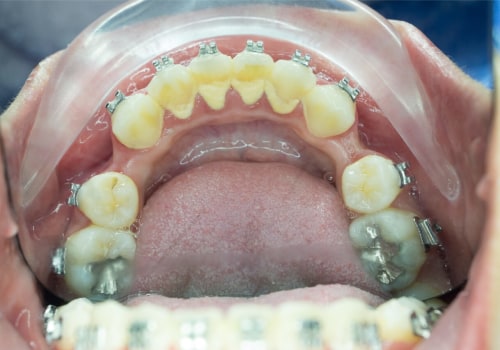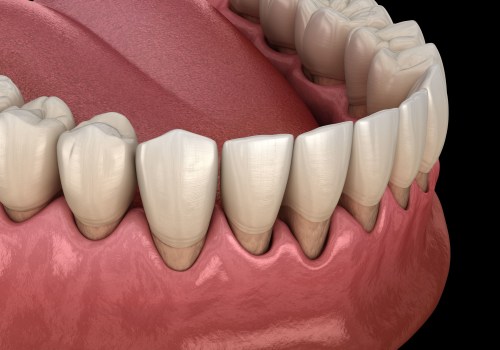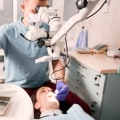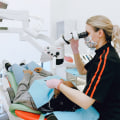Periodontal disease, also known as gum disease, is a serious condition that can cause tooth loss and other health issues if left untreated. Fortunately, there are several over-the-counter treatments available to help prevent and treat periodontal disease. Mouthwash is an effective tool for preventing and treating periodontal disease. Choose an alcohol-free antibacterial formula, one that contains chlorhexidine or hydrogen peroxide.
These ingredients can help reduce plaque and gingivitis, which are both signs of periodontal disease. Toothpaste is another over-the-counter remedy for periodontal disease. Look for toothpaste that contains triclosan, an antibiotic that can reduce gingivitis. However, triclosan is not as strong as prescription antibiotics, so it should only be used until you can get an appointment with your dentist.
Your dentist may prescribe one of three main oral antibiotics to treat gingivitis: metronidazole, doxycycline, or amoxicillin. Be sure to ask your dentist about possible drug interactions with any prescription medications you're currently taking. In addition to prescription medications, there are some inexpensive home remedies you can try. Mixing a solution of baking soda in water with a pinch of salt and using it three times a day can reduce plaque and gum infection.
If you have severe periodontal disease, your dentist may refer you to a specialist called a periodontist. A periodontist can assign a stage and grade to your condition based on the severity of the disease, the complexity of the treatment, risk factors, and your overall health status. Periodontal disease is a serious condition that can lead to tooth loss and other health issues if left untreated. Be sure to talk to your dentist about the best treatment plan for your individual needs.








